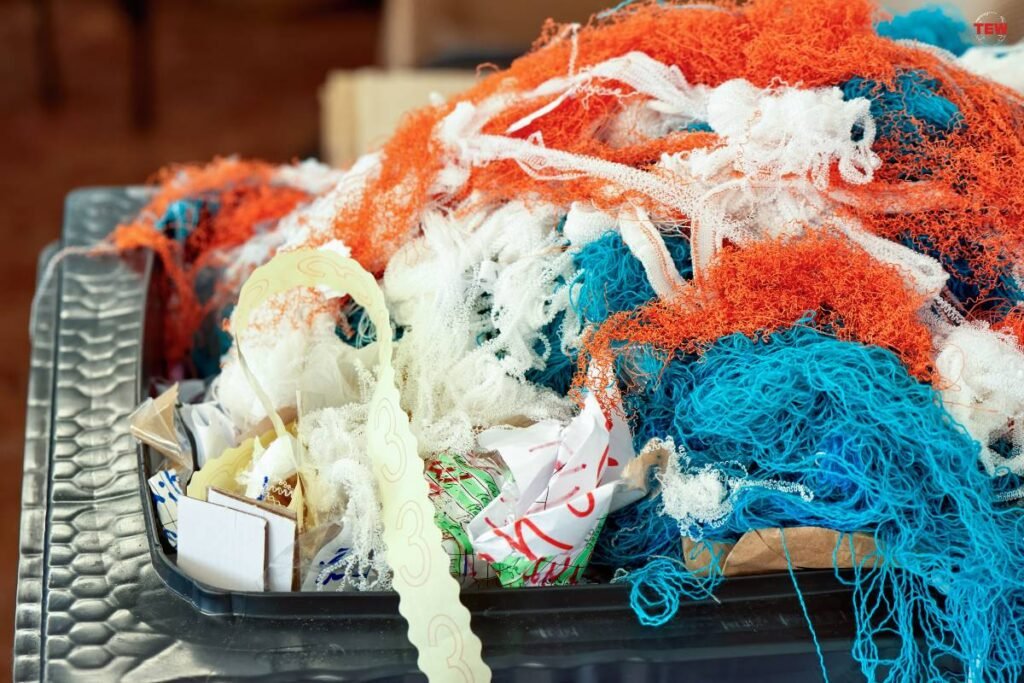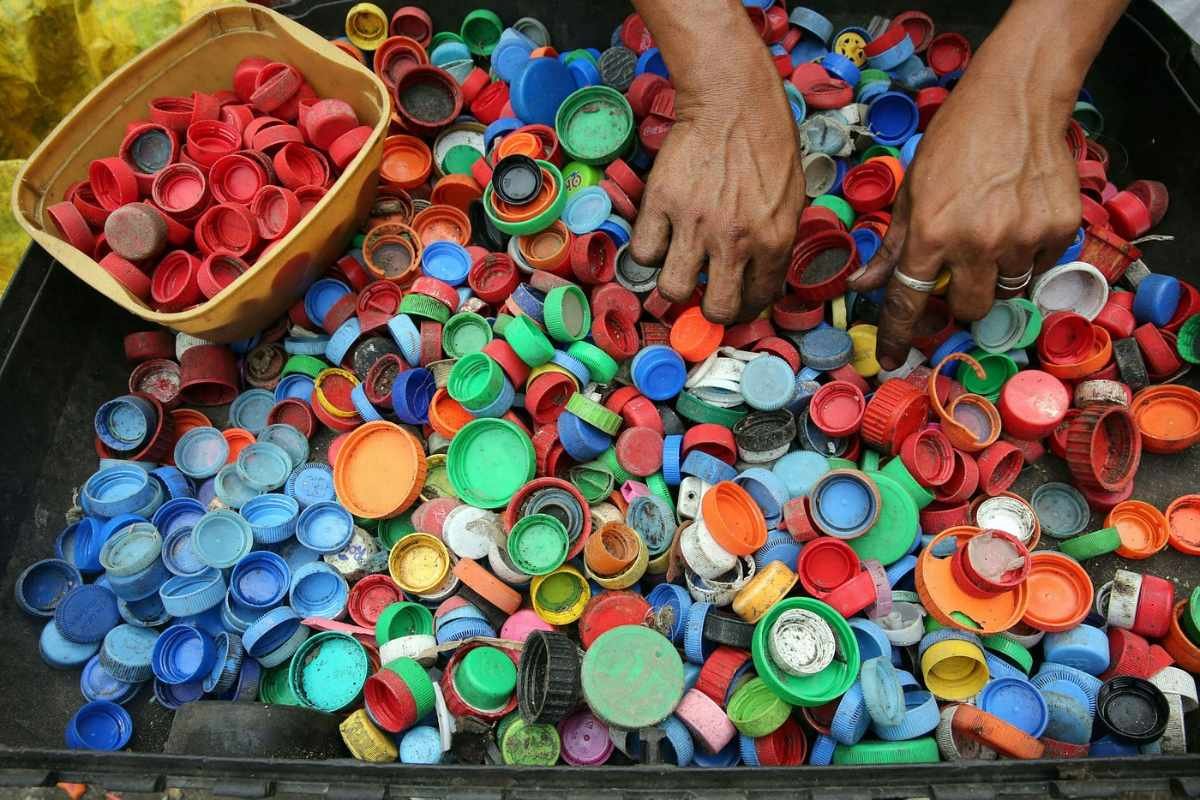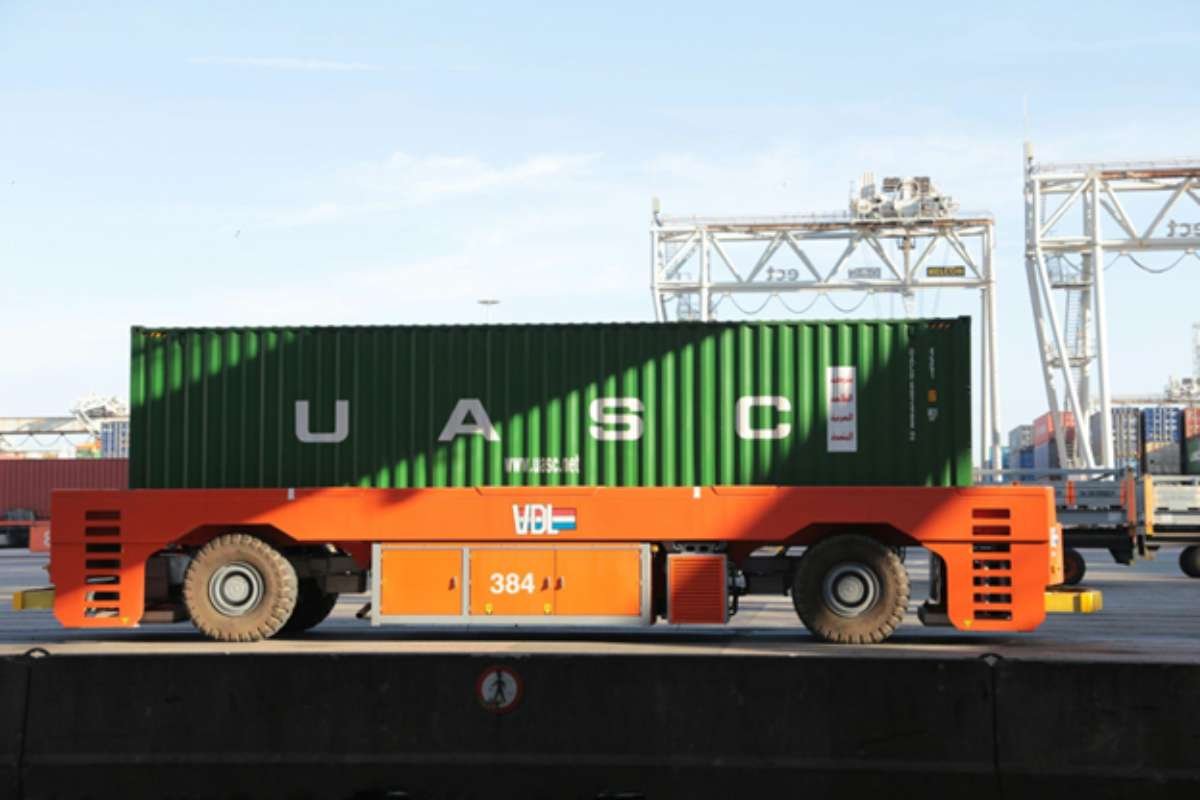Sustainability is the talk of the decade, and more and more environmentally-oriented individuals are addressing this topic. Given the challenges posed by pollution, resource depletion, deforestation, climate change, and numerous other factors impacting the planet, adopting eco-conscious Recycling business practices is no longer merely a choice or suggestion. According to data, one hundred companies can account for more than two-thirds of the greenhouse gas emissions released into the atmosphere. Numerous studies emphasize the tremendous environmental impact of Recycling businesses like those involved in manufacturing, transportation, and energy production.
Despite all the gloom accompanying sustainability conversations, one thing provides comfort and triggers optimism. The market for waste recycling services is projected to expand significantly in the coming years. Statista revealed that it may reach a valuation of 88.01 billion U.S. dollars by 2030, up from the modest value of 63.28 billion U.S. dollars in the current year. And we’re not tossing these numbers your way just for the thrill of oversharing. We emphasize that sustainability can create profit opportunities as some lucrative ventures wait to be discovered by forward-thinking investors.
It turns out that contributions to sustainable initiatives can ultimately translate into wealth. Who knew you could save the environment while making it rain dollars? And what are the options you have to make the best of both worlds?
Here are 5 Recycling Business Ideas That Turn Sustainability into a Profitable Venture:
1. Medical waste
The medical industry generates vast amounts of waste by disposing of tools and utensils such as syringes, masks, reusable sheets, etc. Other hazardous materials can significantly impact the health and well-being of the public. Needless to say, a Recycling Business that gathers these items and processes them to give them new purposes, such as transforming them into energy or plastic products, has enormous revenue potential. The healthcare market size is only expanding, so there are endless possibilities when exploring this niche.

Health care facilities in Auckland, NZ, such as surgeries and clinics, need to adhere to strict hygiene standards, where recycling methods like compacting and baling cardboard and plastic materials are not just recommended but also widespread solutions. A wide range of materials needs to be sustainably disposed of, but discarding them becomes easier and potentially profitable when using efficient waste management solutions.
2. E-waste
Electronic waste, commonly found under the abbreviation of e-waste, easily ranks among the planet’s most pressing issues. It can take different forms, ranging from appliances such as refrigerators and microwaves to gaming accessories such as controllers and headsets. Interestingly enough, a staggering 50 million tons of e-waste is released yearly – a quantity that can be compared to the collective weight of 6 million elephants.
The environmental impact needs no introduction, as this type of waste is recognized as one of the most damaging to the earth, animals, and the surrounding ecosystem. Forward-thinking Recycling Businesses capitalize on this phenomenon and additionally reduce the adverse effects that the practice of dumping non-functional, outdated, or useless equipment and electronic devices has on our well-being.
You can turn this opportunity into a profit-making venture if e-waste management concerns you. And if there’s a shortage of similar services in your area, you might be even more likely to capitalize on the gap.
3. Textile
Like any other category in this article, the textile industry is another primary culprit behind the environmental crisis we’re witnessing. Approximately a fifth of the clean water pollution worldwide is associated with finishing products and dyeing, without which the fashion industry would fail. While you can’t contribute to reducing the number, you can leave a positive impact if you break into the textile recycling business sector.

This endeavor necessitates a profound understanding of your area’s legal landscape and local and national rules and regulations regarding waste management. But since it’s such a widespread niche, you’ll likely don’t confront additional challenges other than those inherent in start-up development.
Recycling clothes and textiles are linked to less pollution, so many NGOs and organizations are eager to help start-ups in this sector scale up and enhance their visibility. You can contact experts and spread the word about your intention if textile recycling sounds like a sound option for you.
4. Furniture and furnishing
As a general rule, the kitchen cabinetry must be changed once every 10 to 15 years since it’s the most exposed to usage and deterioration compared to other pieces of furniture in today’s average households. Other furniture items prone to damage, such as the living room table or the bed frame, might be replaced even more frequently. Unsurprisingly, plenty of furniture and furnishing are being tossed out yearly – more precisely, over 12 million tons of furniture.
Due to the challenging economic conditions, there is a notable shift in focus towards furniture upcycling ventures instead of manufacturing Recycling Businesses. If you’re creative and crafty, and have a profound understanding of the local regulations regarding furniture waste management, then this venture might help you generate some revenue.
5. Water
Who could’ve guessed that water recycling could be a lucrative venture? The water used by utilities for different processes is often derived from recycled or reused water. This is a vital resource, and seeing it go down the drain can be a shame. Aspiring entrepreneurs can seize this opportunity and make water consumption a money-making vehicle. Scarcity is a global concern, but you can reduce the impact by establishing a Recycling business that manages water usage.

If you consider the amount of water consumed daily by the average household, you’ll likely see a money-making opportunity. From the water used in irrigation to even skincare routines, you can collect and recycle it, enabling it to be further repurposed.
Final words
Various challenges may make it difficult for entrepreneurs to take the leap, such as poor infrastructure or cumbersome paperwork. From employees’ wages to the processing facility, you’ll have to contemplate multiple factors as you delve into this endeavor. But if you’re committed to contributing to efforts to make the world a safer and healthier place, you already have an essential skill that may set you up for success.






